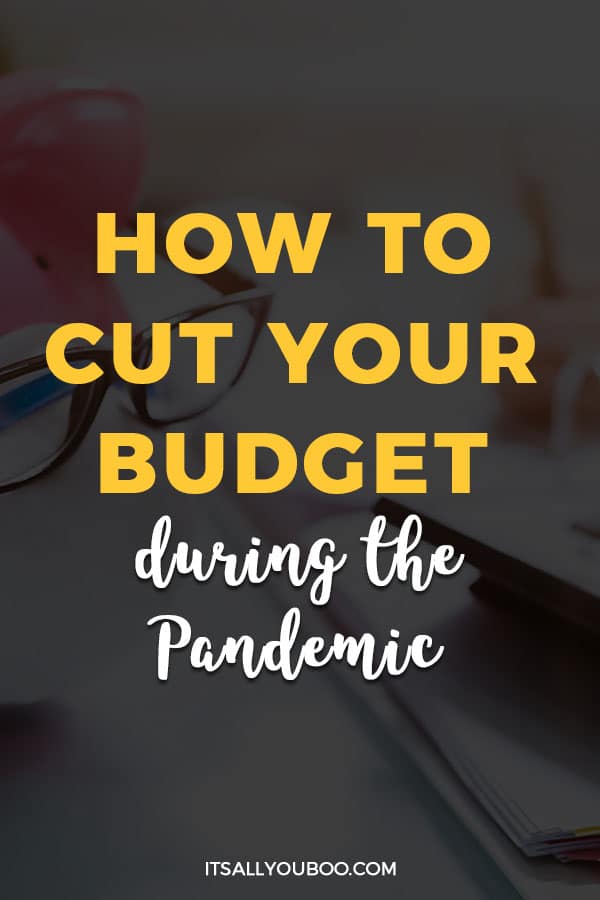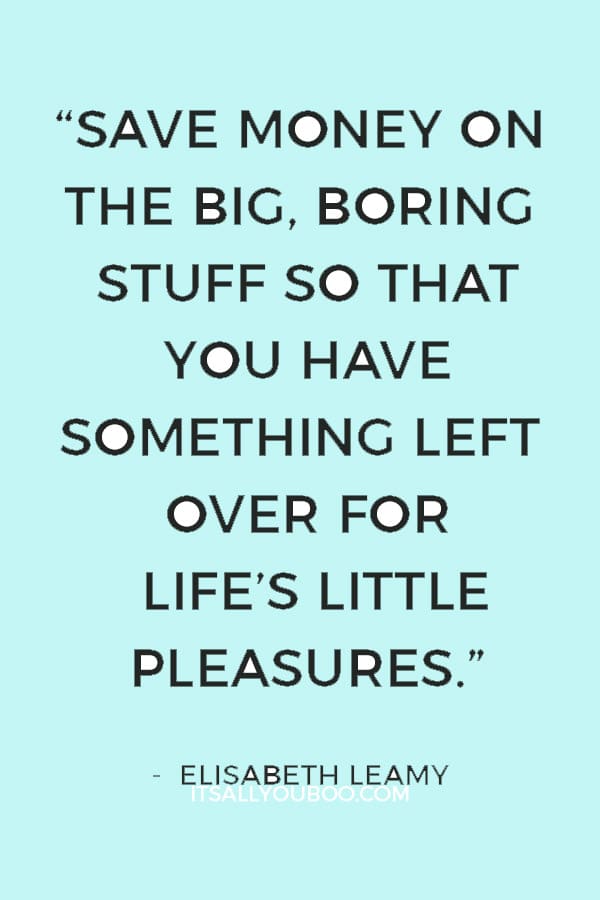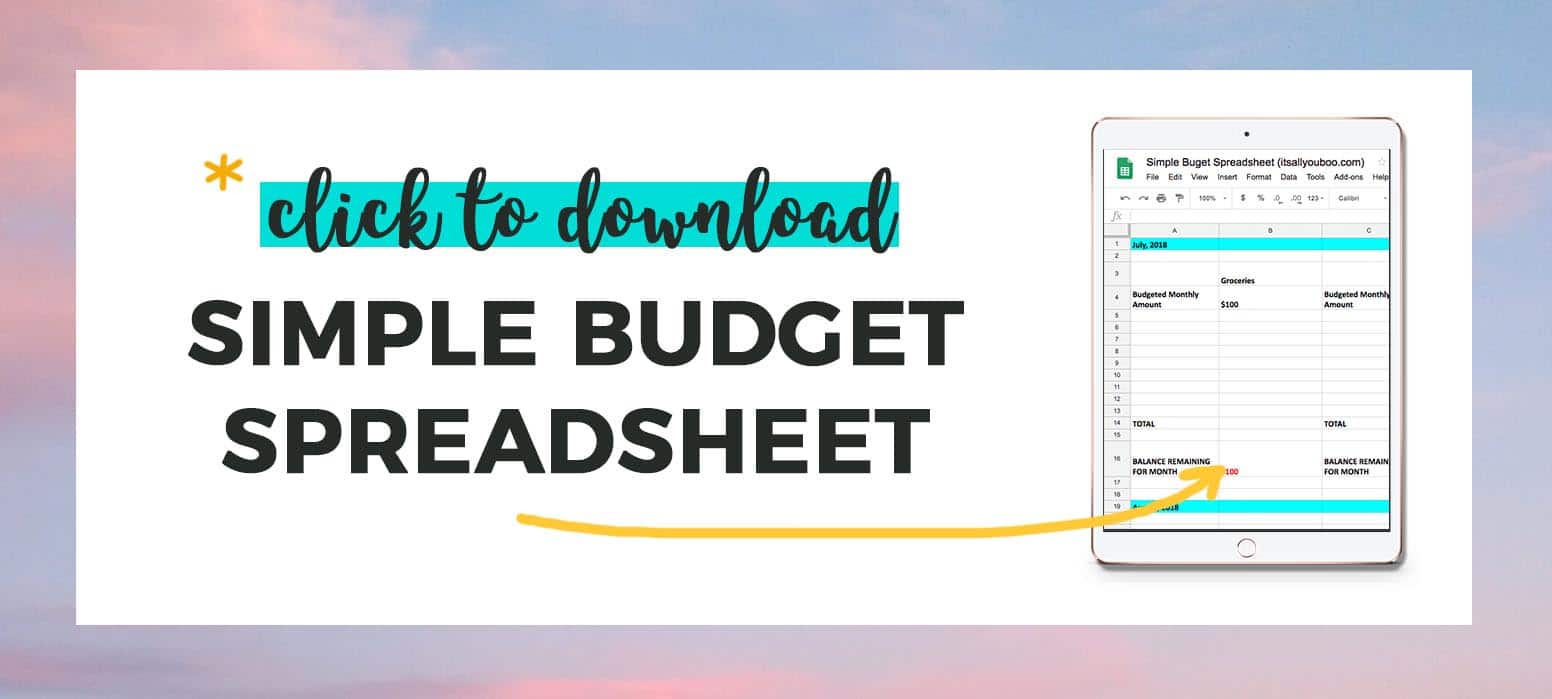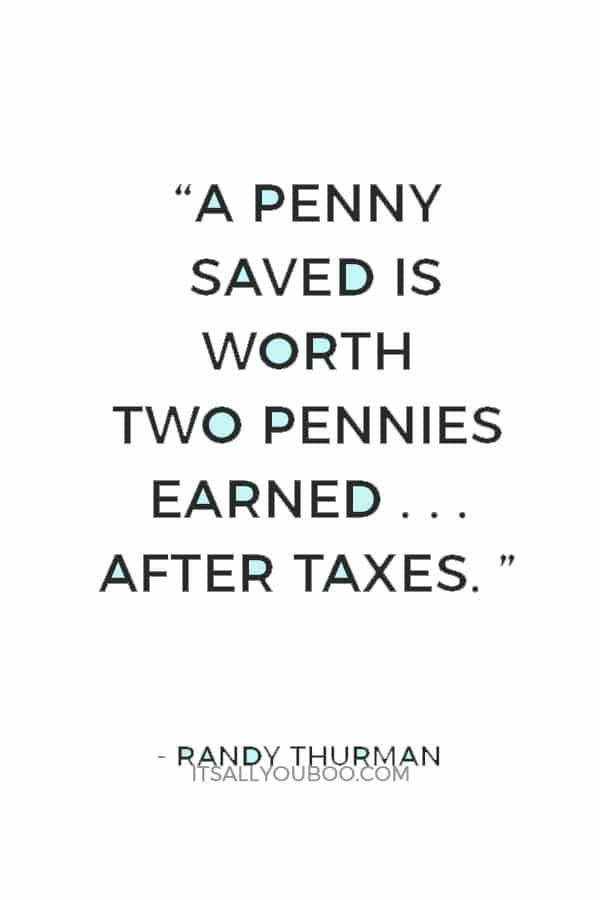How do you cut your budget during the pandemic?
Looking for ways to cut your spending habits and create a budget?
What was thought at first to be just a few months, has stretched to almost a year?
If there’s any vestige of a silver lining about this pandemic, it has made me start taking my to-do list about budget reduction seriously. Do you love to make lists, and then stop there? That was me.
But cost-cutting became crucial when the pandemic delayed career opportunities for myself and my husband. The repercussions of this crisis’s impact on virtually every segment of our lives forced me to break the patterns of loyalty and laziness to finally take on my first item: how to cut costs on our auto and home insurance.
I was able to slash my annual premium by at least 33 percent, saving nearly $700 a year. Here’s how I did it, in part with car insurance savings when working from home.
And that’s just a start. Learn numerous additional ways of how to cut your budget and cope better during this unprecedented time, at least financially.
THIS POST MAY CONTAIN AFFILIATE LINKS.
IF YOU MAKE A PURCHASE FROM THESE LINKS, I MAY EARN A SMALL COMMISSION.
CLICK HERE FOR MY FULL DISCLAIMER STATEMENT.
Why I Had to Cut My Budget Starting with Insurance
Most people don’t want to think about insurance. Unless they have a horrendous customer service experience regarding problems with a claim, they tend to live the adage “If it ain’t broke, don’t fix it.”
I was that way for several years, having picked a well-known and respected carrier in the New England area when we lived in Boston. And the customer service was prompt and accurate when another driver pulled a little fender bender on me.
But this carrier is known for being on the higher end of the scale of the premium. And when we moved to South Carolina, we had enough changes to worry about, so we stuck with the same carrier; however, we found the customer service underwhelming when we tried to find out how to transfer home and auto insurance to a new state.
And we found the customer service virtually non-existent this year when we tried to find out about low mileage discounts because we had both started working from home.
Although we were saving money on gas, auto maintenance, wardrobe, and work lunches, we were now paying our own health insurance, which was like paying a double mortgage. We had also become first-time homeowners, and while we loved our house, we quickly learned about the ongoing hidden costs of homeownership.
I became very stressed and sought out ways to go about cutting expenses to the bone.
👉🏽 RELATED POST: Ways to Save Money Fast on a Tight Budget
It Pays to Compare Insurance Quotes
Since our insurance premium was one of our top expenses, I decided to finally heed the advice I had been reading over and over again: If you compare insurance companies, you can save money. And compare at least three.
It wasn’t as hard as I thought: I asked my network of friends and family for agent/insurance company recommendations, I did follow up research on the web, then I made calls. They asked a few questions, taking about 15 minutes max, and then each agent supplied quotes within 24 hours.
Requesting quotes lets you know where your current rate stands in comparison to the other rates out there. Our current rates were substantially higher.
The company that provided the lowest quotes also displayed the best customer service: They offered a personal appointment right away to review our coverage in detail. We were so pleased with the results of our meeting that we signed with them.
It Pays to Research and Double Check Insurance Discounts
It also pays to do your homework: We came to the meeting armed with the full list of insurance discounts available to us. After the agent’s overview, we pointed out a few he didn’t mention directly.
Although it seems tedious, it also pays to do a line-by-line review of the policies offered to you before you sign. While the policies first presented already thankfully had much lower rates than our current carrier, we double-checked the list of discounts and noted that the multiple policy discount seemed to be missing.
The agent and his assistant reviewed it, apologized profusely, added it, and presented the final set of policy documents, in which we saved another 20 percent just from bundling!
👉🏽 RELATED POST: 15 Ways to Cut Spending
The discounts we received included Early Signing, Home Buyer, Multiple Policy, Protective Device, Responsible Payment, Welcome, and Claim Free for our homeowner’s insurance. Our new insurance company also gave us a higher amount of home coverage, as they took greater care in finding out details about our home.
And the discounts we received for our auto insurance included Premiere Plus, Anti-Lock Brake, Good Payer, Age 55, Easy Pay Plan, Early Signing, FullPay, eSmart, Multi-Policy, and Preferred Package. They were also able to provide the same coverage as our current carrier while even lowering our deductible.
It Pays to Drive Less
Car insurance quotes usually rate at the standard U.S. average annual mileage of 12,000. But if you’re driving 7,500 miles or less, you’ll be rated as a low-mileage driver and your premium will be lowered. Some auto insurance companies also offer a direct low-mileage discount, from 15 to 30 percent of your rate.
Be sure to point out your reduced mileage when requesting auto insurance quotes, whether you had already been working remotely or telecommuting or you’re new to the work-from-home concept due to the pandemic.
Another mileage-discount option you may want to look into is pay-per-mile insurance: a very low monthly base fee is tacked onto an additional rate based on the exact number of miles you drive. Your mileage is monitored via a mobile app or a plug-in device.
Auto insurance companies who provide pay-per-mile insurance include Allstate, Metromile, Mile Auto, Nationwide, and Root, and you can potentially save up to 40 percent on your rate.
👉🏽 RELATED POST: 4 Financial Tips for College Students To Save
What Are the Five Steps to Creating a Budget?
That success motivated me to want to learn how to reduce expenses and save money, which would help get me through this crisis not only financially, but also mentally.
The key to that success? Knowing where my money is going.
#1. Find Your Budget Tracking Method
Luckily, you have several options when it comes to free budget software, from as simple as a Google Sheets template to as advanced as GnuCash. Other options include Mint, Goodbudget, Truebill, and EveryDollar.
#2. Determine Your Income
Figure out how much money you make every month, after taxes. If you receive a regular paycheck, lucky you; many of us have incomes that vary month to month. If that’s the case, go with an average.
#3. List Your Expenses
Look at your bank and credit card statements to see what you pay monthly for housing, transportation, utilities, and groceries. In addition to your recurring expenses, factor in all your miscellaneous expenses, such as dining out, clothing, gifts, vacations, etc.
Don’t forget to include expenses that aren’t necessarily billed each month, such as annual memberships and insurance.
#4. Compare Your Income to Your Expenses
Now comes the reckoning. You can see your bottom line, there in black and white, whether you’re spending more than you’re making, and by how much on either end.
Just like a food diary, your “financial diary” will bring you awareness of your situation and help provide clarity so you know where to head on your path to making adjustments.
#5. Rinse and Repeat
Keep a close eye on your budget, especially in the early stages while you’re still a newbie at budgeting. How often should you review? Weekly. The only constant is change, and you’ll most likely be making adjustments. But in this coronavirus era, you may end up adjusting more than you expected.
But just having this foundation in place will provide a helpful base for you to build upon.
How Do I Cut My Spending Habits?
Now that you’ve created a budget, you got a sobering look at what you can afford. That should motivate you to stick to a budget. But how exactly do you do that, especially if the pandemic has put you on a tight budget?
Five Surprising Ways to Cut Household Costs
You already know about the savings from bundling your insurance policies. But there is always more you can do. Some of these suggestions that I do are old-school, but they‘re tried and true.
👉🏽 RELATED POST: How to Budget with Sinking Funds
#1. Turn That Thermostat Down
When we were kids, we thought my dad was psychic: Wherever he was in the house, he seemed to know if we were even thinking of turning up the heat during the cold Pennsylvania winter. He would not-so-gently suggest we put on another layer of clothing.
He was onto something, even if he was a bit extreme: According to Energy.gov, you can save 1 percent on your heating bill for every degree that you lower the thermostat. They recommend the best way to save is to set back the temperature of your home at least eight degrees for eight hours or longer while you sleep.
This is easier if you have a programmable thermostat since you can also adjust temps for when you’re not even at home. If you don’t have a programmable thermostat, hopefully, you can afford the $100-$200 for it, because the money you’ll save in the first year will likely cover the initial cost.
#2. Don’t Get Yourself in Hot Water
When you go to take a shower, do you crank it to get the water hot then adjust down because it’s scalding? Spare yourself the time, trouble, and waste by lowering the temperature on your water heater to 120 degrees Fahrenheit: every 10-degree reduction in temperature could save 3 to 5 percent on your water heating costs.
Also use warm water or cold water instead of hot water to wash your clothes, which will cut your laundry load’s energy use in half.
#3. Go With the Low-Flow
Since showering is one of the leading ways you use water in your home, swapping your current showerhead for a water-saving model can save you on your water and heating bills–cutting your water waste by 50 percent, according to HGTV. A low-flow showerhead can cost anywhere from $10 for a simple, no-frills version to $100 for a designer one.
#4. Cut the Cord
My husband and I have done this in the recent past to save money, and several of my friends still do it: Cancel your cable TV plan and subscribe to streaming services. You don’t pay for channels you don’t watch and you’re free from long-term contracts. This alone you could save up to $1,200 a year.
You can customize your viewing with so many affordable options, including Netflix, Hulu, Disney+, Amazon Prime Video, and Apple TV+.
Of course, you could cut your TV expenses to the bone via the free YouTube viral video app (not YouTube TV), free cable network channels online, a low-cost HDTV antenna (around $20-$80), or checking out DVDs from your local library.
👉🏽 RELATED POST: How to Save for College
#5. Food for Thought
There are so many common-sense tricks I’ve learned over the last few years about grocery shopping, and all of them have served me well. They really do work, including:
- Look for the grocery store bargains such as buy-one-get-one-free and plan meals featuring those items
- Plan your meals for however many days you want to shop for
- Shop with a list
- Don’t shop when you’re hungry
- If you’re a loyal brand-shopper like I used to be, compare your brand ingredients to the generic brand. I was shocked to see the items were virtually the same and have saved everything from pasta to my morning life saver, coffee.
How Can Daily Costs Be Cut?
You’ll be surprised by how to drastically cut expenses because it’s easier than you may think. Once you get the hang of it, it will become a hobby to find new non-spending habits.
Negotiate Your Bills:
Fortified by my triumph in auto and home insurance, I received my annual SiriusXM renewal shortly after that. It seemed ludicrous to pay what they wanted on two cars that are driven so infrequently, and we already had the mobile app.
So I took a deep, calming breath and called. I initially stated that I wanted to remove the service from one of the cars. They were so alarmed to lose a subscription that after 20 minutes, they gave me so many discounts that I was able to cut my renewal rate by 67 percent and keep the two subscriptions! You don’t know unless you try is certainly true.
Don’t Put the Cart Before the Budget:
Online shopping is so convenient, but it’s also very easy to blow your budget. Just because you place items in your cart, it doesn’t mean you have to actually buy them. Give yourself at least 24 hours to think if you really need what you clicked on.
Especially if you’re an impulse buyer, take advantage of online lists so you know what to tell friends and family when they ask what you’d like for your birthday, anniversary, etc.
Hunt for Bargains:
Better yet, for those that get a thrill out of shopping, bring some friends along and make a game out of finding the quirkiest items at various thrift stores and second-hand warehouses. If you take the time to look carefully, you can find great items at a fraction of the cost, including clothing, furniture, and appliances.
Don’t Eat and Drink Your Savings Away:
When most people create a budget, they’re surprised by how much those morning coffees, office pools, and take-out lunches take a bite out of your budget. Yes, they seem like small indulgences in themselves, but they quickly add up. My downfall was weekly pizza delivery which lapsed into additional deliveries in between.
When I realized the cost of how what had once been a luxury had turned commonplace, I drastically curtained delivery to once a month. If I wanted food I didn’t make more often, I would drive myself to get it. So I ended up saving a few hundred dollars a month, and I also savored that once-a-month pizza so much more.
Stamp It Out:
Over this past year, my husband finally convinced me to trade writing checks and sending bills in the mail. What a savings on buying checks and stamps.
Paying online or by phone also saves you the worry about mailing your payments in time of the billing deadline and if they’ll even reach their final destination.
👉🏽 RELATED POST: 20 Financial Goals Examples
Have Fun For Free:
Play tourist where you live. Everyone’s so busy with work, kids, relatives, chores, and errands as well as additional stresses from coronavirus that most of us don’t take advantage of the opportunities right in our backyard or just a short drive away.
We’ve found a great way to get out of the house and still social-distance by checking out a new park or historic attraction at least once a month.
Give the Gift of Time:
If you find you’re too financially strapped this year to provide the holiday gift-giving you usually do, talk to your family and friends about reducing or eliminating gifts. You may learn they feel the same way and have even been harboring that desire for years.
What we’ve done in years past is volunteer during the holidays, from feeding the homeless to gathering a group of friends to hang out while putting together “cheer boxes” for our military overseas. And this year in lieu of gifts, our family is changing up our Thanksgiving and Christmas menus by each bringing something new.
Get Your Simple Budget Spreadsheet
Ready to cut your spending during the pandemic? With the Simple Budget Spreadsheet, you’ll be able to track your spending and even start saving. It’s easy to use and compatible with Google Docs and Microsoft Excel.
Now that you’ve made some headway on cutting your budget during the pandemic, keep going!
I’m now preparing to make calls about my other bills and ask them to lower the interest rate since I’m a long-time customer in good standing.
Best of luck with your cost-cutting endeavors, too! You can cut expenses to the bone, even during the pandemic.
Need to cut your spending habits? Looking for ways to drastically cut household costs? Click here for how to cut your budget during the pandemic and save. #Frugal #Saving #Recession2021 #EconomicCrisis
How do you cut your budget during the pandemic?

More About Guest Contributor
Karen Condor is an insurance expert who writes and researches for the car insurance comparison site, AutoInsurance.org.
Last Updated on July 11, 2021



















Heather says
I wish I would have seen this in March. We have blown our budget time and time again since this pandemic started.
Nadalie Bardo says
Hey Heather,
Oh no so sorry it wasn’t up earlier. It’s frustrating that this pandemic and situation is lingering! Let’s hope 2021 is better.
Amber Myers says
Thank you! I am looking for ways to save more money. Especially during the pandemic.
Nadalie Bardo says
Hey Amber,
Wonderful! I so hope you can find ways to cut your budget!
Halimeh Salem says
Really beneficial. Thanks for sharing these budgeting tips for the pandemic!
Nadalie Bardo says
Hey Heather,
So happy you’re finding these pandemic budgeting tips useful!
Marina says
We all had to change our priority. Saving money right now it’s the best thing to do. Thanks for your post x
Nadalie Bardo says
Hey Marina,
Agreed! I’m being so much more careful than I ever was before.
Naomi says
So many good tips in here Nadalie! The worst part is that I know I could be paying less for my car insurance. 🙈 This is a great reminder to take some action steps to better my budget!
Nadalie Bardo says
Hey Naomi,
So happy these budgeting tips for the pandemic are helpful! YASS, me too. I am loving the little rebates I’ve received from car insurance.